Loud Fan Noise in New Laptop [Fix]
Eliminate non-critical process and clean the hardware
5 min. read
Updated on
Read our disclosure page to find out how can you help Windows Report sustain the editorial team. Read more
Key notes
- New laptop fans shouldn't make much noise, but as it turns out, they do!
- The problem arises when many background processes and programs are running.
- When facing the issue, users should check for hardware malfunction and dust accumulation.
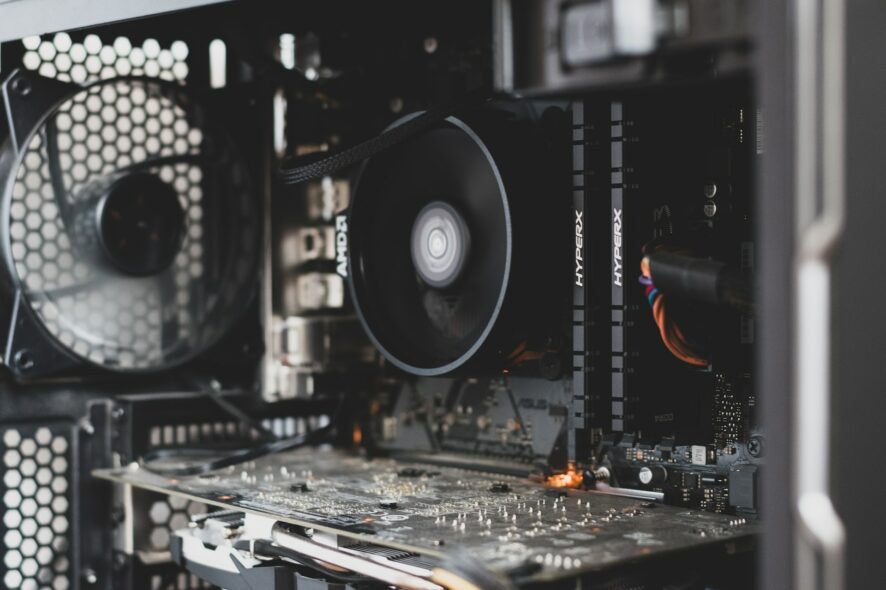
You just got a new laptop, but something doesn’t feel right. Even though it’s new, your laptop’s fan makes noise and is louder than it should be, which is very annoying.
But don’t worry, a noisy fan isn’t as big a problem as you would imagine! We have a few solutions if your brand-new laptop fan is too loud.
Is it normal for a new laptop fan to make noise?
Though it shouldn’t be the case, a loud fan noise on a new laptop could be due to running it beyond its capacity. Say, running far, too many processes and programs on it.
When this happens, the fan runs at full throttle to keep the interiors clean. As a result, you get that loud noise. But, simply because it’s new, you can’t ignore the possibility of malfunctioning hardware or dust accumulation when the laptop is not kept in a well-ventilated environment.
How do I stop my laptop fan from making noise?
1. Use a fan speed software
Sometimes the solution is to keep your fan speed under control with software. And SpeedFan is probably the best program for that.
SpeedFan allows you to set the speed limits of your fan because default hardware drivers often tend to use it more than necessary, which can cause additional noise. So with this software, you’ll be able to keep your laptop quieter under safe temperatures.
But remember, it is a bad idea to overheat your computer to make it quieter. It is recommended to keep your fan speed to acceptable levels, but extremely forcing your fan to work faster can affect the lifespan of your system.
So, the best thing you can do is to let SpeedFan keep your fan at its default speed.
2. Clean your hardware regularly
Your laptop can and definitely will pick up some dust over time. The presence of dust and other particles will affect the performance of your fan, even if it’s new.
So take your time to clean your hardware completely. This will be good for your fan and the whole computer.
But be careful! Any lapses while cleaning the hardware could be dangerous sometimes because you may damage the fragile components. So here’s a video that will show you how to properly clean your laptop, without any damaging actions.
3. Kill Unnecessary Tasks
- Press Windows + R to open Run, type msconfig in the text field, and hit Enter.
- Go to Services tab, tick the checkbox for Hide all Microsoft services, and uncheck the ones that don’t seem critical, particularly services run by third-party apps.
- Click OK.
It is also possible that your laptop‘s fan is too loud because you’re forcing it to work more than it can. So try to slow it down and kill some unnecessary processes.
If you’re running more tasks than you should, your CPU will get hotter and hotter, and this will definitely will affect the work of your fan. If you kill unnecessary tasks, you will do a huge favor to your system fan and your ears, as well.
Besides disabling the non-critical services, the next thing you can do is disable unnecessary programs at startup. This will eliminate all programs that you may not even notice running and overloading the CPU.
4. Buy a laptop cooler
It seems that laptops are getting hotter and hotter. While older models of laptops needed more than a year to start heating, it looks like the new ones require a laptop cooler from the first day.
This solution might require some extra money, but if there’s no other choice, you should consider it.
Coolers will control your laptop’s temperature, providing you with a nice, working, stable computer for everyday use. Coolers are not a good idea if you use your laptop on the go. But if you use it for doing long-lasting work at home, these will be a great choice.
5. Update your computer
- Press Windows + I to open Settings, and click on Update & Security.
- Click on Check for updates on the right.
- If an update is available, download it.
Sometimes, loud fan noise issues may be triggered by software-related problems. For example, Microsoft may release an update that’s not so well optimized, which may strain your computer resources.
As a result, your machine will try to keep the temperature under control by increasing the fan speed.
The tech giant usually fixes this kind of technical issue quite quickly with the help of hotfixes. So, maybe the pending updates focus on this exact issue. Installing the latest patches may help you fix abnormal fan noise issues.
By now, you should have gotten rid of the loud fan noise on a new laptop. And before you leave, do check how to manually control the CPU fan speed to keep the temperatures under check.
If you have any other solutions for a noisy fan problem, we would love to hear them, so please share them with us in the comment section.
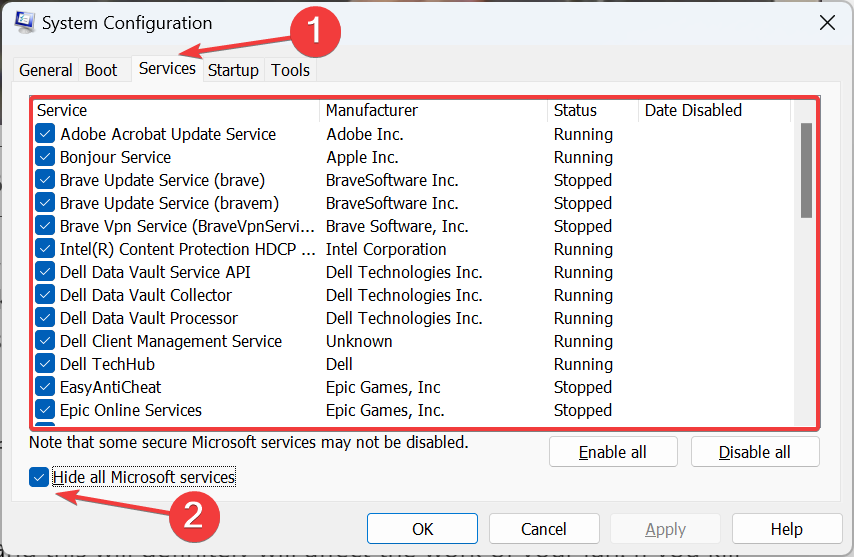
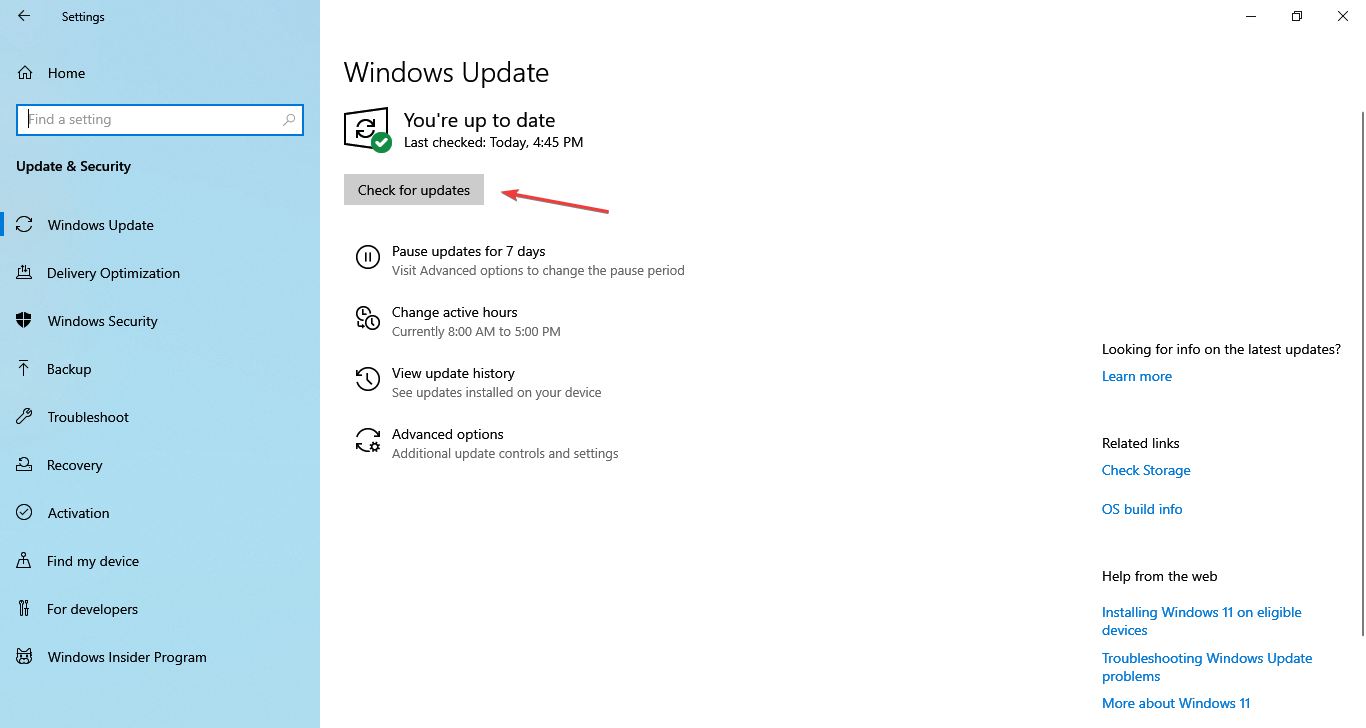
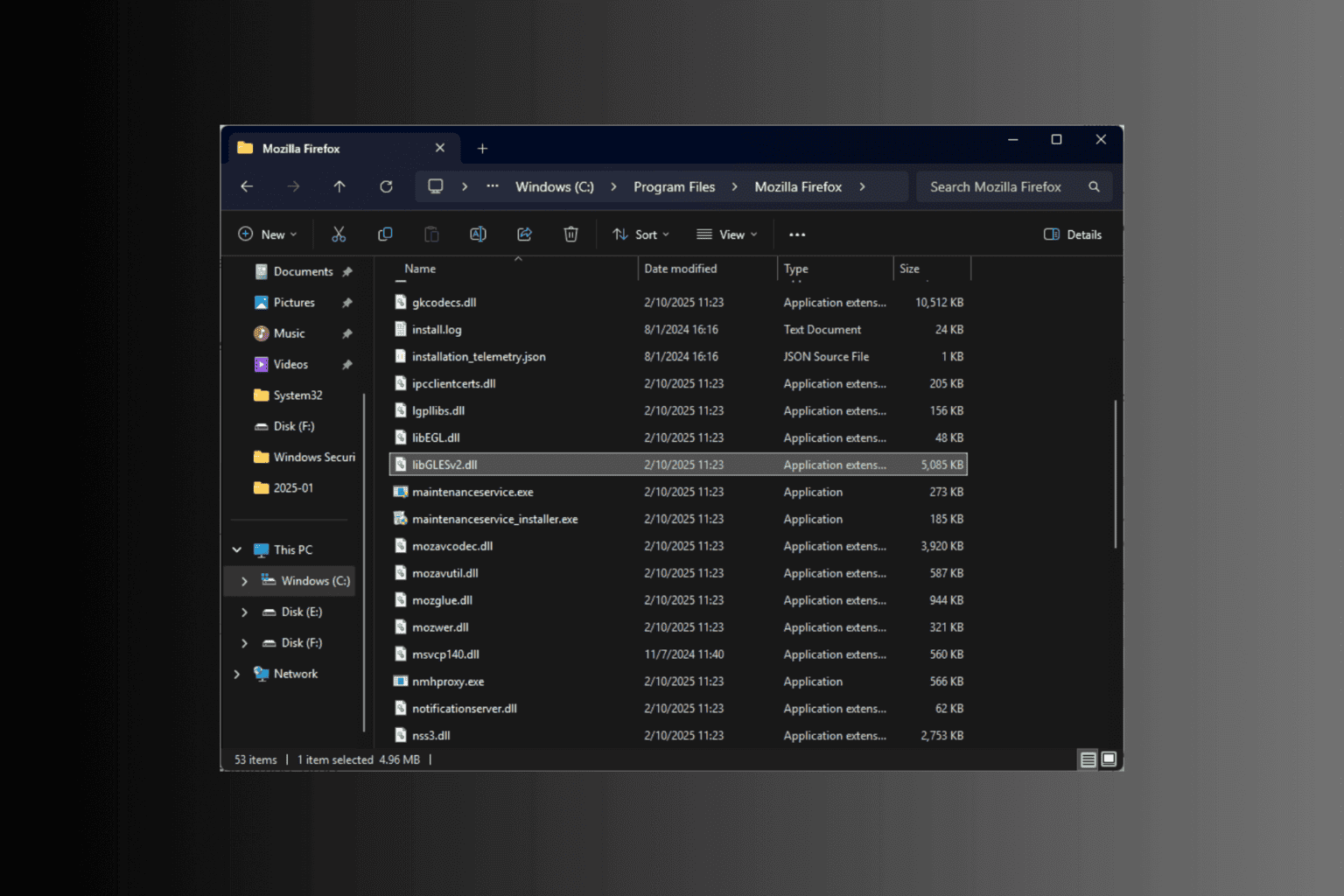

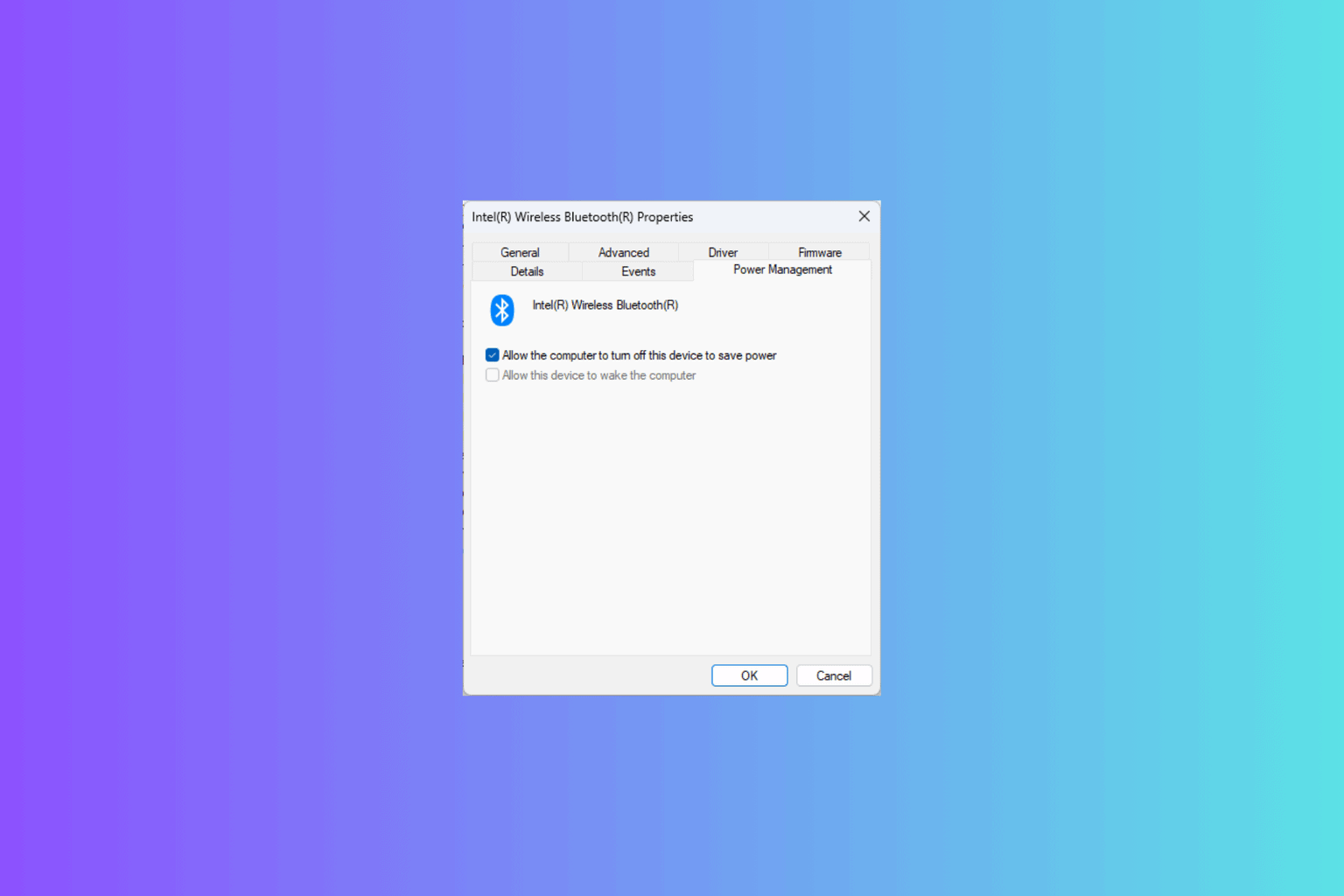
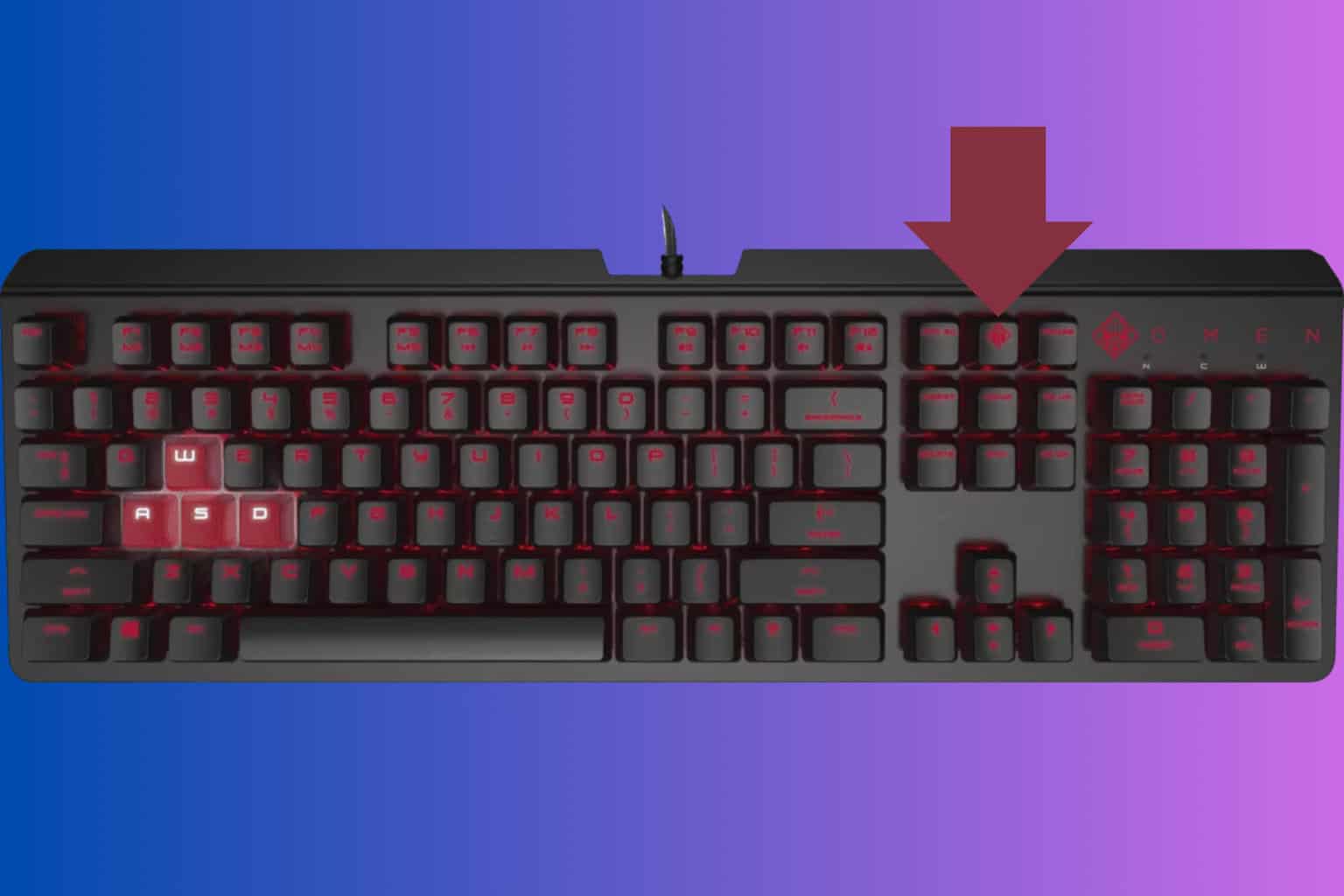
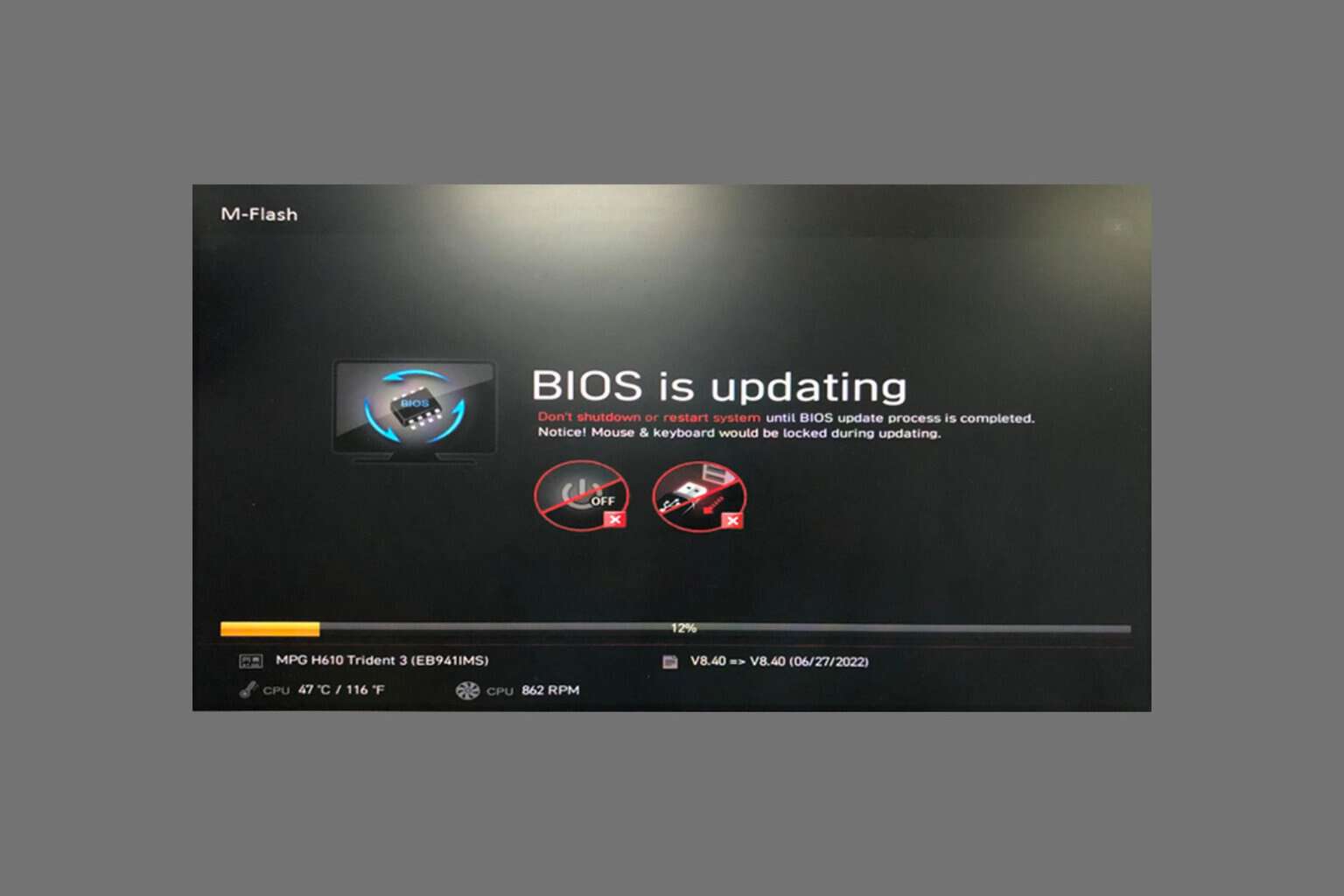



User forum
0 messages